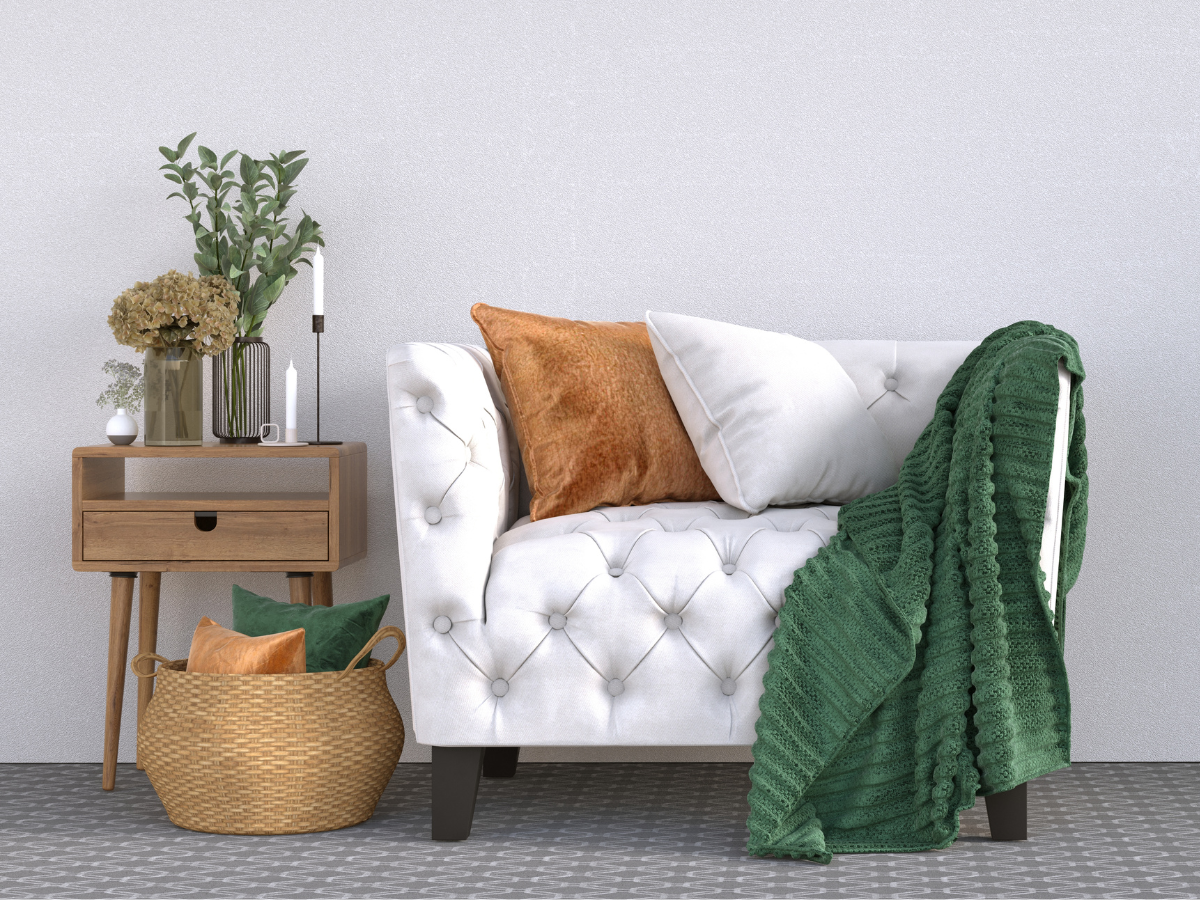
Ever thought about turning your passion for home decor into a profitable business?
With the home decor industry booming, many are exploring the idea of starting their own decor brand or service.
From selling unique decor pieces to offering interior styling, the opportunities seem endless. But how profitable is this business really?
In this blog, we’ll dive into the question, Is a home decor business profitable? Whether you’re a design-savvy homeowner or a beginner looking to start a business, this guide will help you understand what it takes to succeed in this exciting market.

Home decor is now about more than just making a space look good—it’s about self-expression, sustainability, and creating a personal retreat. Trends like minimalism, eco-friendly decor, and custom designs are growing fast.
People want pieces that reflect their lifestyle, and social media platforms like Instagram and Pinterest have only fueled this trend.
In fact, the global home decor market was valued at over $600 billion in 2022 and is set to keep growing. For anyone looking to start a home decor business, this is good news.
The demand for unique, personalized home decor is high, creating a great opportunity to tap into this market.

Yes, starting a home decor business can be profitable! But like any business, success depends on your approach. Profitability is driven by how well you understand your niche, your business model, and your marketing efforts.
One of the best things about the home decor business is its flexibility. You can start small with an online store, selling handmade or carefully curated items, or you can go bigger by offering full interior design services.
Businesses that focus on unique, high-quality, or niche products tend to perform better. If you can offer something special that stands out from mass-produced goods, your potential for profit increases. With the right strategy, a home decor business can grow and be quite successful over time.
To make a profit in the home decor business, you’ll need to consider a few key factors:
In today’s market, having an online presence isn’t optional—it’s essential. Here are a few ways to boost your reach and grow your customer base online:
Like any business, there are ups and downs to consider before diving in:
To maximize your profits, try these strategies:
Consider your target market, competition, product sourcing, and marketing strategy. It’s also important to assess your creative skills, understand industry trends, and be prepared for the challenges of running a business.
Yes, you can start with a small budget, especially if you focus on an online store or use dropshipping. Starting small and gradually expanding can help manage costs and reduce financial risk.
Profitable niches include custom-made items, eco-friendly decor, and artisanal pieces. High-quality or unique products that cater to specific customer needs can command premium prices and drive higher profits.
Efficient inventory management involves tracking stock levels, working with reliable suppliers, and having a clear plan for shipping and handling. For online businesses, using a fulfillment service can help streamline logistics and reduce overhead costs.
A home decor business can be a rewarding and profitable venture, especially if you’re passionate about design. However, it’s not just about having a good eye—you need a solid strategy, marketing know-how, and a willingness to adapt.
The key to profitability lies in understanding your market, standing out from the competition, and continually engaging with your audience. If you’re ready to dive in and put in the work, the home decor business can definitely be profitable.
Ready to start your home decor journey? The opportunity is there—now it’s up to you to make it happen!

James Sullivan, an architect with a degree from the University of Texas, has focused on sustainable beach house designs since 2013. He joined our team in 2020, weaving his expertise into articles that emphasize harmony with nature. James enjoys scuba diving during his weekends.

Hi there! I’m Aisha Harper. With a background in exploring breathtaking destinations and a deep appreciation for creating warm, inviting spaces, I’ve combined my passion for adventure and home into a fulfilling career. From scaling mountains to styling living rooms, I love blending the thrill of the outdoors with the comfort of home, inspiring others to do the same.